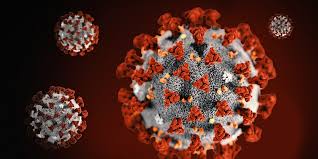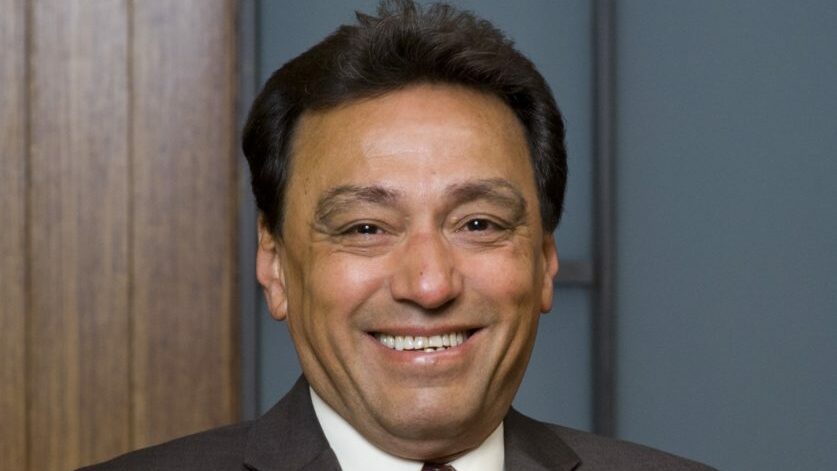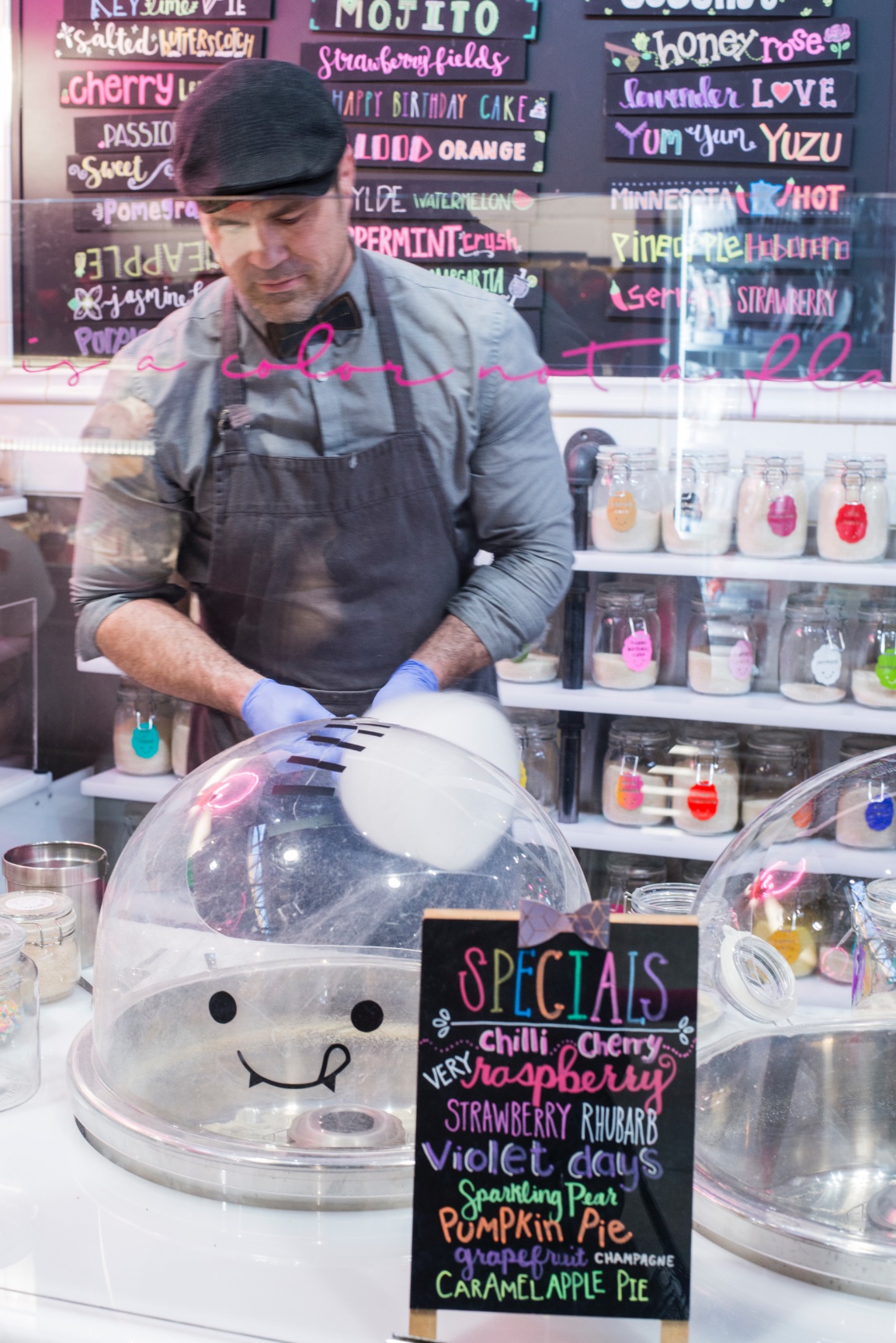From the Capitol
Sen. Sandy Pappas, DISTRICT 65
Just days after the legislature adjourned the first session this year, its unfinished business became painfully evident.
On Memorial Day, George Floyd was murdered by a police officer. His death laid bare deep problems within our community. His death highlighted the need for big changes to address racism and economic inequality.
Who among us has not been concerned for the public health of our community, mourned the tragic Covid-19 deaths in Minnesota and nation-wide (more than twice those killed in the 10 years of the Vietnam War), and made cautious about the safety of our selves and loved ones?
Who among us has not suffered economic loss, social disruption and isolation during the necessary public health requirements?
Who among us is not deeply affected by the injustice we saw played out before our eyes? Many of us have joined heartfelt and peaceful protests demanding real change, gathered together to protect our neighborhoods from trouble makers, and volunteered to help clean up and rebuild our damaged community.
On June 12, Governor Tim Walz extended this peacetime public health emergency. This triggered a special session — and a new opportunity to deal with unfinished legislative business: re-envisioning public safety for all; police reform and accountability; and promoting economic recovery from the shutdown and disorders.
It was incredibly important that the legislature passed economic relief for small businesses hit hardest during these challenging times. The first day of special session we approved $62.2 million in grants for some of our most vulnerable small businesses.
The legislation includes $60 million from the federal CARES Act, and $2.5 million from a Minnesota Emergency Loan Program evenly split between Greater Minnesota and Metro-area businesses, including many new entrepreneurs not well-connected with banks.
Small businesses required to operate at 50% capacity or less can receive grants up to $10,000 each. Businesses must be located in Minnesota, owned by permanent residents, in good standing with the state pre-Covid 19, employ 50 full-time workers or fewer, and be financially impacted by Covid-19. Funds can be used for working capital, payroll, rent, mortgage payments, and utilities.
Money is targeted to businesses as follows:
• $18 million with 6 full-time employees or fewer;
• $15 million for minority-owned ($10 million), veteran owned ($2.5 million), and women owned ($2.5 million);
• $2.5 million for operators of market sites that enable entrepreneurs to operate shops with an ethnic cultural emphasis (25% of the tenants with fewer than 20 employees). There can be up to $250,000 per site, with all but $10,000 awarded as sub-grants to existing tenants, including using 50% for rent forgiveness.
Another major vehicle to promote economic recovery in Minnesota is the state’s ability to use substantially over $1 billion capital bonding for public infrastructure projects.
As the lead Democrat (in a Republican controlled Senate) for the committee designing the bonding bill, I put forth a plan for economic relief that funds needed and “shovel-ready” projects throughout the state.
It’s also clear that urgently needed public safety reforms must be addressed during this special session. Many have been introduced by my colleagues in the People of Color and Indigenous (POCI) Caucus of the Minnesota Legislature.
It is long past time to build a more just and equitable Minnesota through supporting local businesses, strong community safety and police reforms, and strengthening infrastructure with a robust bonding bill.
Send me your thoughts: sen.sandy.pappas@senate.mn.




